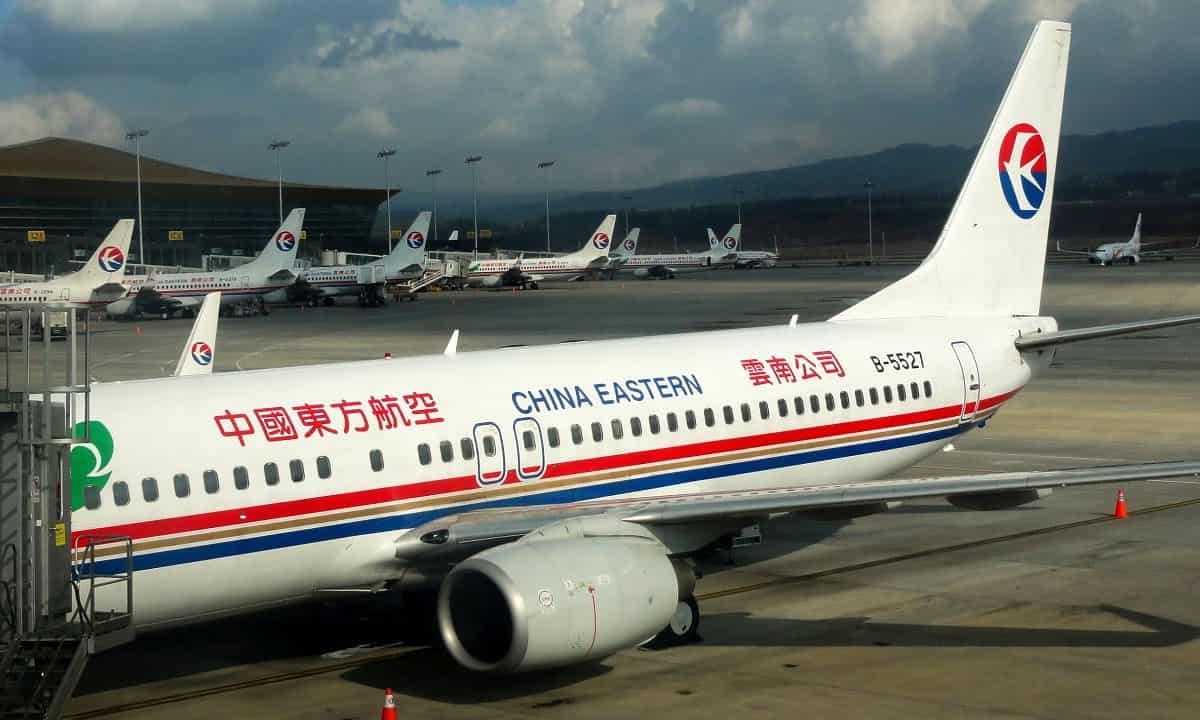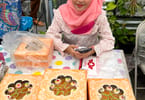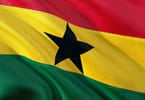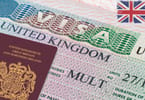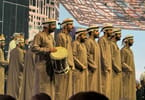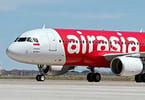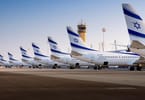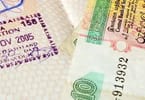SULAIMANIYAH, Iraq — Iraqi Arabs looking for a break from five years of war and sectarian strife — or just the heartland’s heat and dust — are finding one in the green, tranquil mountains of Kurdistan.
More than 23,000 Iraqis headed north to the autonomous Kurdistan region this summer, up from just 3,700 last year, tourism officials say. A week in a modest hotel, with bus fare, costs about $160 per person, or one-third an average monthly salary.
The organized tours are made possible by improved security in recent months, though roads remain treacherous and visitors are stopped at a string of roadblocks for ID checks before reaching their vacation getaways.
The budding tourist trade is helping to soften some of the hard feelings between Iraq’s Kurdish minority and Arab majority.
The two share a bloody history, particularly Saddam Hussein’s brutal repression of the Kurds and establishment of their U.S.-protected self-ruled region in 1991.
Iraq’s Kurdistan, about the size of Switzerland and home to nearly 3.8 million people, is perhaps the only destination for Iraqis thirsting for a little normalcy.
Arab countries, trying to keep out Iraq’s troubles, grant few visas, while Europe and the U.S. are too expensive for most. Iran is more welcoming, but largely attracts Shiite pilgrims.
Now, with large numbers of Iraqi Arabs trekking north for vacation, more and more ordinary people are getting to know each other in a peaceful setting.
“I have no resentment against Arabs who come to Kurdistan as workers or tourists,” said Hama Rashid, 47, who translates political books into Arabic, Turkish and Persian and as a young man fought Saddam’s soldiers as a member of the Kurdish Peshmerga forces.
“We want Kurdistan to be the tourist destination for Arabs who will pump money into our economy,” Rashid said.
Mazin Zidan, visiting Sulaimaniyah from chaotic Baghdad, about 160 miles away, said he was impressed by Kurdistan’s orderly traffic and friendly police. “All my bad impressions about the Kurds have been wiped out,” said Zidan, 28, strolling in the city’s Freedom Park, once site of an Iraqi army base where Kurds were imprisoned.
Zidan said he was reluctant at first to make the trip, not sure how he would be received.
Since the fall of Saddam in 2003, Kurds have held key positions in the national government, including the presidency. The Kurdish region has also absorbed thousands of displaced Arab families and workers, Kurdish officials say.
But there are tensions between the Kurds and the central government, particularly over the fate of Kirkuk, an ethnically mixed city just south of Kurdistan claimed by the Kurds.
Nevertheless, the Iraqi government and the authorities in Kurdistan, comprising three of Iraq’s 18 provinces, have encouraged the bus convoys. The Iraqi and Kurdish tourism ministers met in March and licensed 38 travel agents to arrange the Kurdistan tours, said Abdul-Zahra Talakani, spokesman for the ministry in Baghdad.
For the Kurds, it’s mainly business. For the central government, it may also be politics.
“Kurdistan is part of Iraq, and we encourage Iraqis living in the south and center to visit the Kurdish region,” Tourism Minister Kahtan Abbas said in an interview.
Talakani’s small office, stuffed with clunky computers and files stacked against a wall, displays a lone tourism poster — showing a lush landscape in the Kurdish city of Irbil, referred to by its Kurdish name, Hawler.
In Saddam’s days, most Iraqis were barred from travel abroad and even Kurdistan was largely off limits. The Kurds separated from the rest of Iraq after rising up against Saddam in 1991, aided by a U.S.-British no-fly zone that helped keep the dictator at bay.
After his 2003 ouster, Kurds eased border controls, leading to a first surge of Arab tourism that year, but closed the gates again in February 2004 when suicide bombers killed 109 people in an attack on Kurdish party offices.
Arab visitors are still carefully screened.
Kurdish troops board buses carrying Iraqi Arabs at checkpoints, and compare names with lists sent ahead by the travel agents, travelers say.
“We have very tight security. We don’t want Sulaimainiyah to be like Fallujah,” said Mohammed Ihsan, Kurdish minister of extra-regional affairs, referring to what was once Iraq’s most violent city. “But the visitors are welcomed everywhere in Kurdistan.”
The Kurdish Tourism Ministry says it hopes to double the number of Arab visitors next year.
The influx has been good for Sulaimaniyah.
Shamal Hama Ali, who owns the 25-room Mawlai hotel in the city, said more than half his guests are Arabs. Souvenir shop owner Saman Karim said his Arab customers favor items not easily available at home, such as crystal glasses and copies of classic paintings.
The visitors fill local restaurants, take their children to amusement parks or head out to small mountain resorts.
The Kurds and the central government also try to attract foreigners.
Several foreign airlines fly to Irbil and Sulaimaniyah, and the Kurdish government’s Web site boasts that not a single foreigner has been killed or kidnapped in its territory since 2003. Iranian pilgrims make up the bulk of the visitors to the rest of Iraq.
But tourism remains a high-risk business, and the Kurds could close their borders if sectarian violence flares again.
“Tourism like a flower,” said Talakani, the ministry spokesman. “It needs a good environment to flourish.”
WHAT TO TAKE AWAY FROM THIS ARTICLE:
- Talakani’s small office, stuffed with clunky computers and files stacked against a wall, displays a lone tourism poster — showing a lush landscape in the Kurdish city of Irbil, referred to by its Kurdish name, Hawler.
- After his 2003 ouster, Kurds eased border controls, leading to a first surge of Arab tourism that year, but closed the gates again in February 2004 when suicide bombers killed 109 people in an attack on Kurdish party offices.
- But there are tensions between the Kurds and the central government, particularly over the fate of Kirkuk, an ethnically mixed city just south of Kurdistan claimed by the Kurds.




